When I first started playing Re:Call, I was wearing green overalls and I had a cup of tea on the table next to me.
Or, wait. Maybe I was wearing blue overalls and I was drinking cocoa.
Or could they have been pink overalls, with a cup of coffee?
That’s the kind of twisty, recollection labyrinth you’re playing with in Re:Call, a game about rewriting memories to become true history. You play not as any of the game’s protagonists, but as a ghostly entity who, when partnered with a person, gives them the ability to change how things previously happened simply by relating them in different ways to listeners. This premise blossoms immediately in Re:Call’s early hours into a delightful puzzle game, where a man named Javier writes and rewrites his account of breaking into the lair of a criminal mastermind, the Toymaker, in hopes that by adjusting the past sequence of events enough he can create a present-day situation that allows him to escape the Toymaker’s clutches.
If that’s a bit confusing, here’s a very early example: the Toymaker asks Javier to relate how he broke into the facility in the first place, and is interrogating him in a room accompanied by a guard wearing a green uniform. In Javier’s recollection, he can recall that the door to the facility was watched by no one, or by a blue or green guard. He can also find either a gun on the ground, or a rock. Choosing the gun, and then choosing to shoot the guard causes the green guard in the room with them in the present to suddenly drop dead – he was shot, after all. Problem solved, right? Maybe not. Even though Javier’s account rewrites everyone else’s memories with it, too much mucking with reality will confuse and alarm them, so overly-dramatic reality shifts may not always be advisable if you’re trying to get out of a sticky situation. Fortunately, if you fail the scenario (Toymaker gets wise to your behavior and decides to put an end to it…and you), you just try again, with the game conveniently skipping over dialogue you’ve seen before so you can try out new variations on reality even faster.
That’s the opening of Re:Call for you, but the plot is a heck of a twisty one. It’s part crime drama, part spy thriller, and part internal journey of a young man named Bruno Gallagher who struggles with fitting into a world that doesn’t see him as worth the time of day. The music and visual design make for a bombastic visual experience too, with snappy cuts from scene to scene giving it almost a reality show feel throughout the recall puzzles. Though it’s a fairly short game – about six hours max – Re:Call manages to pack a lot in. It unfortunately frontloads its best recollection puzzles a bit, but Bruno’s story had a surprisingly personal payoff in the midst of all the thermal lasers and murder plots that made his adventure worth seeing all the way through.
Bruno aside though, I was hooked on Re:Call from the premise alone. I’ve never played a game before that dealt with puzzling over memory in quite this way, and according to creator Matias ‘Matian69’ Schmied, the standout mechanic was at the heart of his desire to make the game. Re:Call is Schmied’s second game as an independent creator – he was previously working at Argentinian studio Avix games, but left to go indie and released his first solo game, Evan’s Remains, in 2020. The idea for Re:Call was actually born out of Schmied’s struggles with Evan’s Remains, and his difficulty getting audience attention on the game without “some crazy, unique mechanic or way to play.”
I set myself the goal to make several, very small prototypes with very unique ways to play.“Re:Call started out, the concept came from one of several prototypes that I have made. I remember I set myself the goal to make several, very small prototypes with very unique ways to play. And Re:Call came out from a prototype that you were in a police interrogation and depending on how you told the police what you saw, the murder would change and stuff. And a lot of those ideas were translated to Re:Call chapter 2. When I tested the prototypes, that one, that was the one that people liked the most.”
Making something unique might attract attention, but it has its drawbacks too. Schmied tells me that he struggled with Re:Call’s design and mechanics because there weren’t really any templates of similar successful games to draw from. He could have people playtest Re:Call, and he did get positive feedback, but he tells me he had a “cloud of insecurity” throughout development because he couldn’t tell if his project would work out in the end.
For Schmied, gameplay is king. I ask him about his inspirations, and he points to Half-Life 2 – not because of any thematic similarities necessarily, but because of the ways in which it guides the player on what to do without massive sign posts or hefty tutorials. Schmied wanted to do something similar in Re:Call, and certainly in the ways in which its early chapters encourage blind experimentation as you recollect your way through different events to find a “way out,” he’s succeeded.
Re:Call was largely a solo project for Schmied, with some light freelance help. Yet Schmied finished it in just two years. Impressive, certainly, but Schmied said the “cost” that he paid “was very high.” He tells me he didn’t allow himself much time to enjoy the creative process, and ended up burning out several times – something he doesn’t intend to repeat on future projects. “I think if there’s one thing I learned is, the bigger the project, the more patience you have to embody,” he says.
Speaking to Schmied, he’s quite humble and even self-effacing about the game he made, even when I tell him how much I enjoyed it. When I ask him what he’s most proud of, he tells me it’s Chapter 4 – easily the most complex recollection puzzle in the game – because of the way he managed to nail the “dance” between story and gameplay unfolding. But then he tells me one of the reasons he loves it so much is because he wasn’t able to replicate it as well in later chapters, saying he felt the ending was “lacking.”
“I don’t know why,” he says. “I don’t know, I wasn’t as creative when doing that part. I was very burned out. So I don’t know. But it’s interesting how, I don’t know, how creativity works. It’s very mysterious.”
I counter a bit – sure, the back half of Re:Call is weaker than the front, but the overall experience is quite good, and the emotional payoff of Bruno’s ending made the journey worth it for me personally, anyway. And though he’s still quite humble about it all, Schmied falls back on finding success in people’s enjoyment of the thing he made.
What does give me joy is when people say, ‘Hey, I really connected with Bruno.’ That to me is a bigger success.“One of the flaws I think the game has, which I agree with some of the feedback from the players, is that the game started out with a promise. This game is about shaping memories. And then at the end, the game forgets about that a little bit. And I agree with that…Maybe the experience is unique, but I kind of feel like I failed a bit. So I don’t know. But what does give me joy is when people like you say, ‘Hey, I really connected with Bruno.’ That to me is a bigger success than the mechanic, or how unique the game was, or whatever. So I’m still happy.”
It ultimately feels a bit strange for me to share this creator’s less-than-positive reflections on his own work in this space, which is generally purely celebratory. But Schmied’s honesty about his craft was compelling, especially in an industry where marketing often compels creators to fake hype around a project they might not feel enthusiastic about, regardless of whether its failings were theirs or someone else’s. No game is perfect – in fact, the vast majority are just “okay”. Re:Call, though, I think is pretty good, and probably deserves more praise than Schmied is willing to admit. He made something I found to be truly unique and enjoyable from start to finish. And if you give it a shot, you might too.
Rebekah Valentine is a news reporter for IGN. You can find her on Twitter @duckvalentine.


 Company Of Heroes 3 feels like World War II on its summer holiday. With two campaigns spanning each side of the sunny Mediterranean, this is arguably Relic’s breeziest and most colourful theatre of war yet, evoking the same kind of swagger and gung ho optimism as a Hollywood action flick. It’s a feeling that might seem out of place given the current climate, especially now, just days away from the first anniversary of Russia’s invasion of Ukraine. But while your main objective is always one of domination, gradually turning the map from red to blue on both a micro and macro scale, this is ultimately a game about searing comebacks – of beating back seemingly impossible aggressors, and finding hope where previously there was only despair. I think we could all do with a bit of that in this day and age, even if the battles before you end up feeling like nothing more than the digital equivalent of plonking down a big box of toy soldiers on your living room floor and going daka-daka-daka as they all fall over.
Company Of Heroes 3 feels like World War II on its summer holiday. With two campaigns spanning each side of the sunny Mediterranean, this is arguably Relic’s breeziest and most colourful theatre of war yet, evoking the same kind of swagger and gung ho optimism as a Hollywood action flick. It’s a feeling that might seem out of place given the current climate, especially now, just days away from the first anniversary of Russia’s invasion of Ukraine. But while your main objective is always one of domination, gradually turning the map from red to blue on both a micro and macro scale, this is ultimately a game about searing comebacks – of beating back seemingly impossible aggressors, and finding hope where previously there was only despair. I think we could all do with a bit of that in this day and age, even if the battles before you end up feeling like nothing more than the digital equivalent of plonking down a big box of toy soldiers on your living room floor and going daka-daka-daka as they all fall over.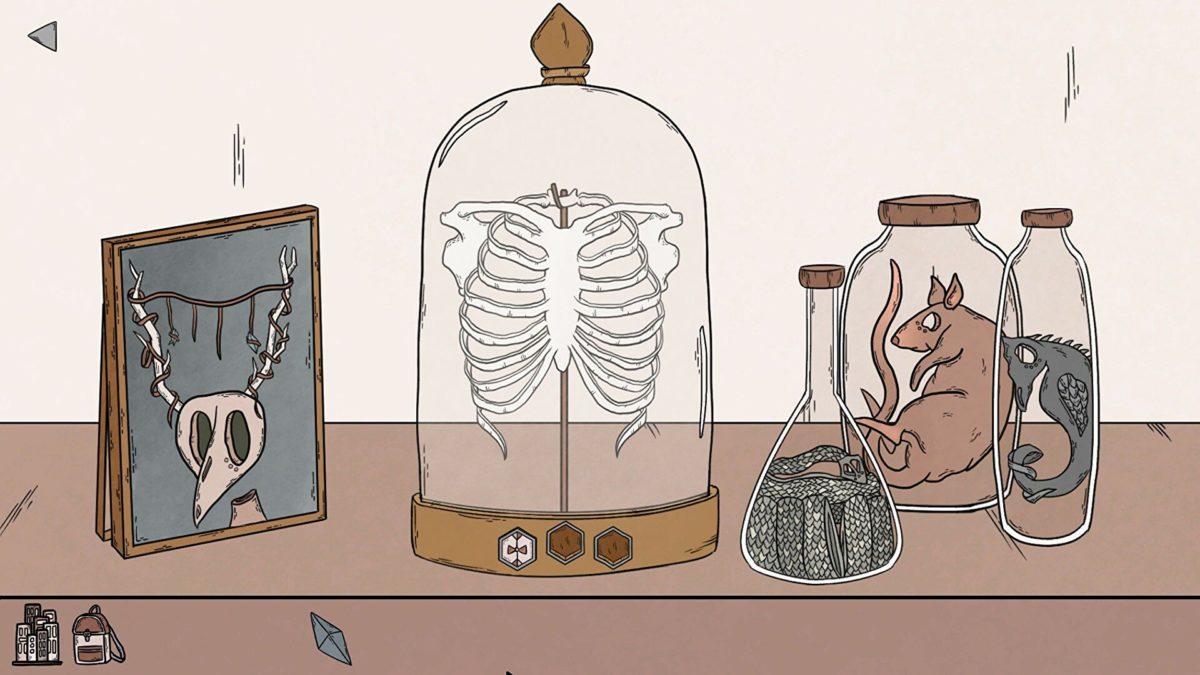
.jpg/BROK/resize/1920x1920>/format/jpg/quality/80/Brith-(1).jpg”></p><p>Solo dev Madison Karrh’s point-and-click puzzler <a href=) Birth really caught me off-guard. From the look of the screenshots, I was expecting a creepy story in the vein of
Birth really caught me off-guard. From the look of the screenshots, I was expecting a creepy story in the vein of 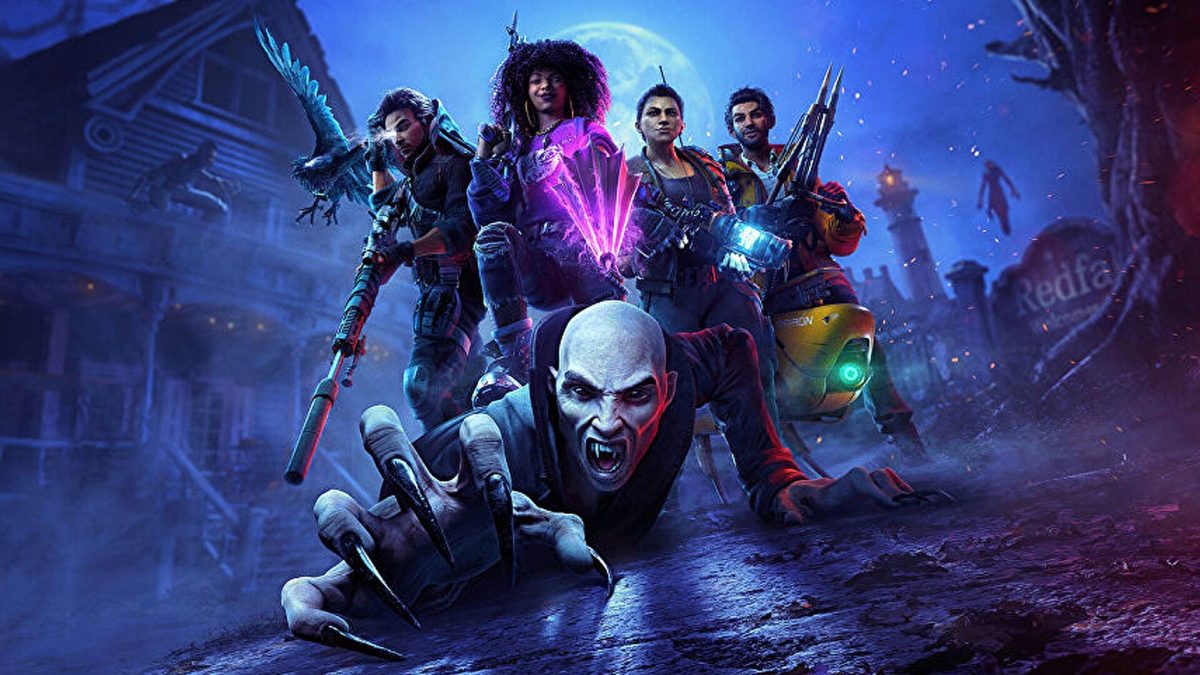
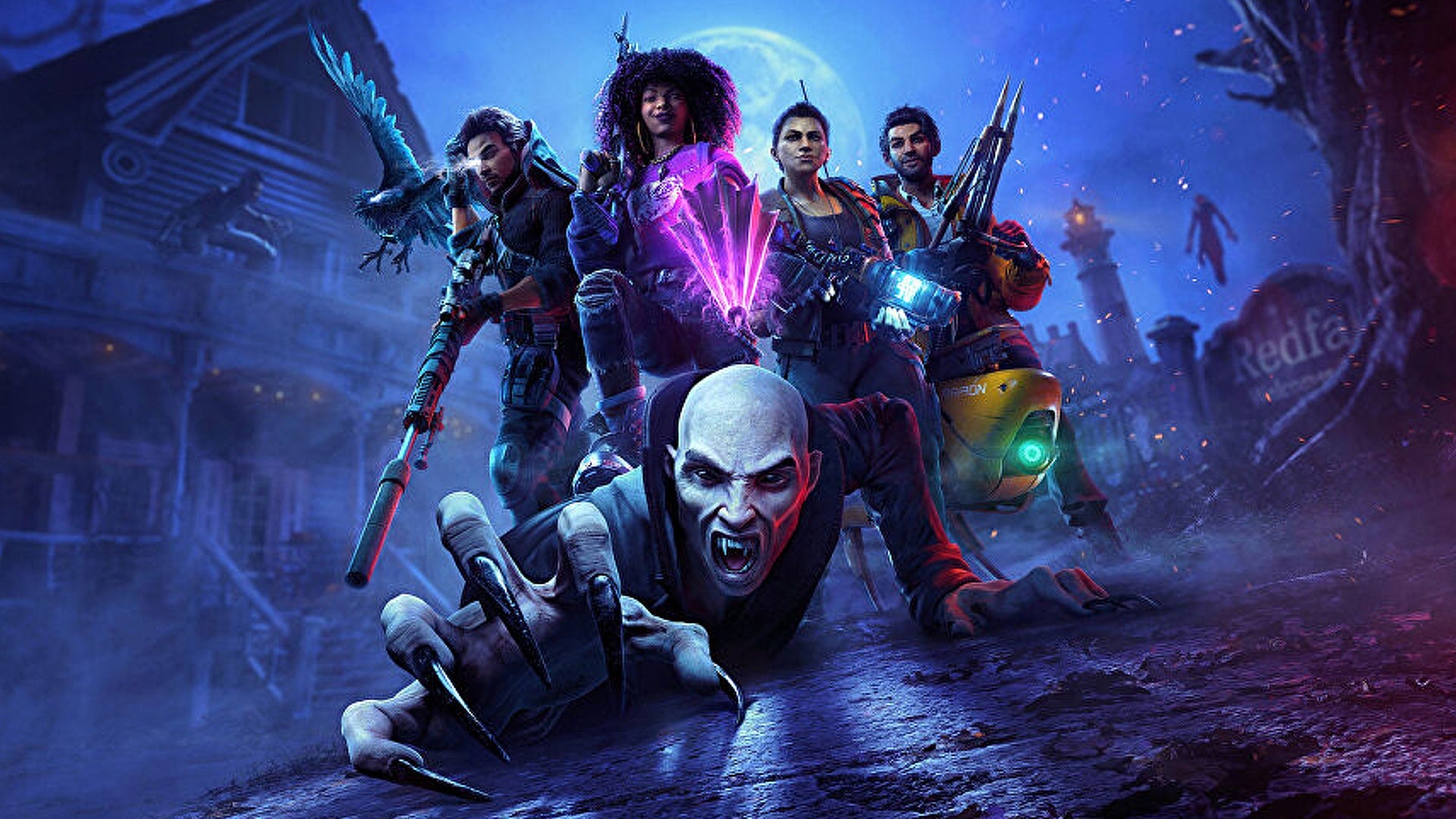 Redfall has received a new trailer ahead of its May release date, showing off its twisted open-world and magic-infused shooting. It looks like a bloody visual feast, but the bigger news is how Redfall’s open-world multiplayer is untethered, meaning a four-player squad can separate and fight bloodsuckers in different parts of the coastal town.
Redfall has received a new trailer ahead of its May release date, showing off its twisted open-world and magic-infused shooting. It looks like a bloody visual feast, but the bigger news is how Redfall’s open-world multiplayer is untethered, meaning a four-player squad can separate and fight bloodsuckers in different parts of the coastal town.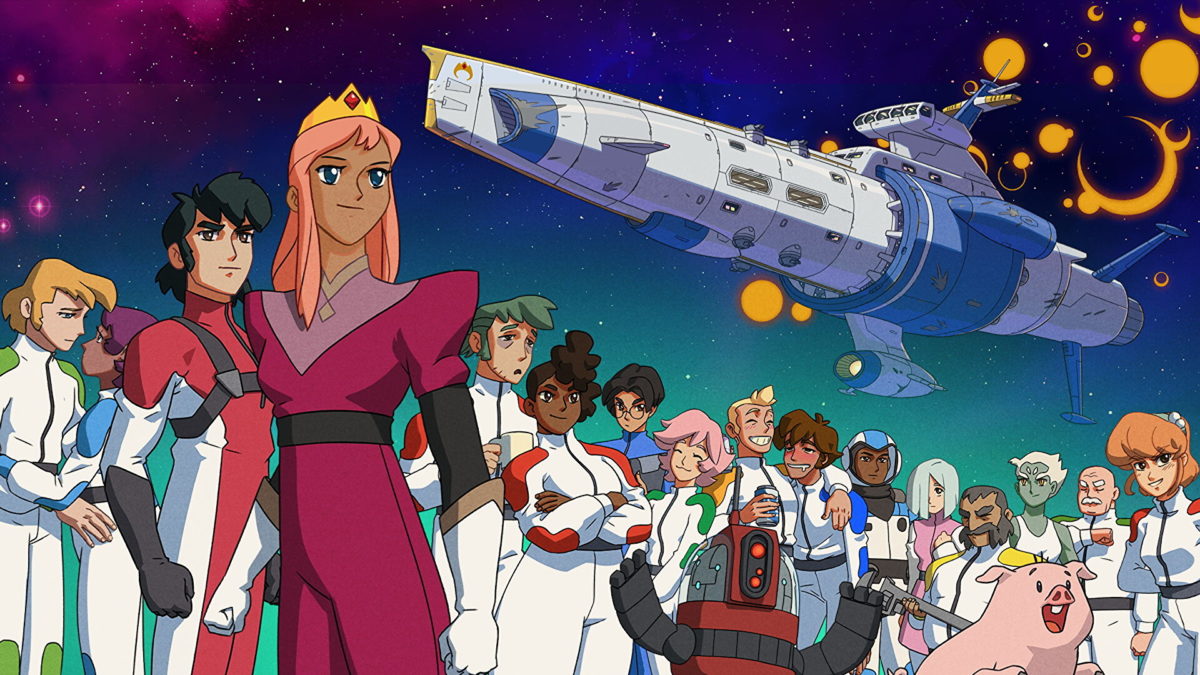
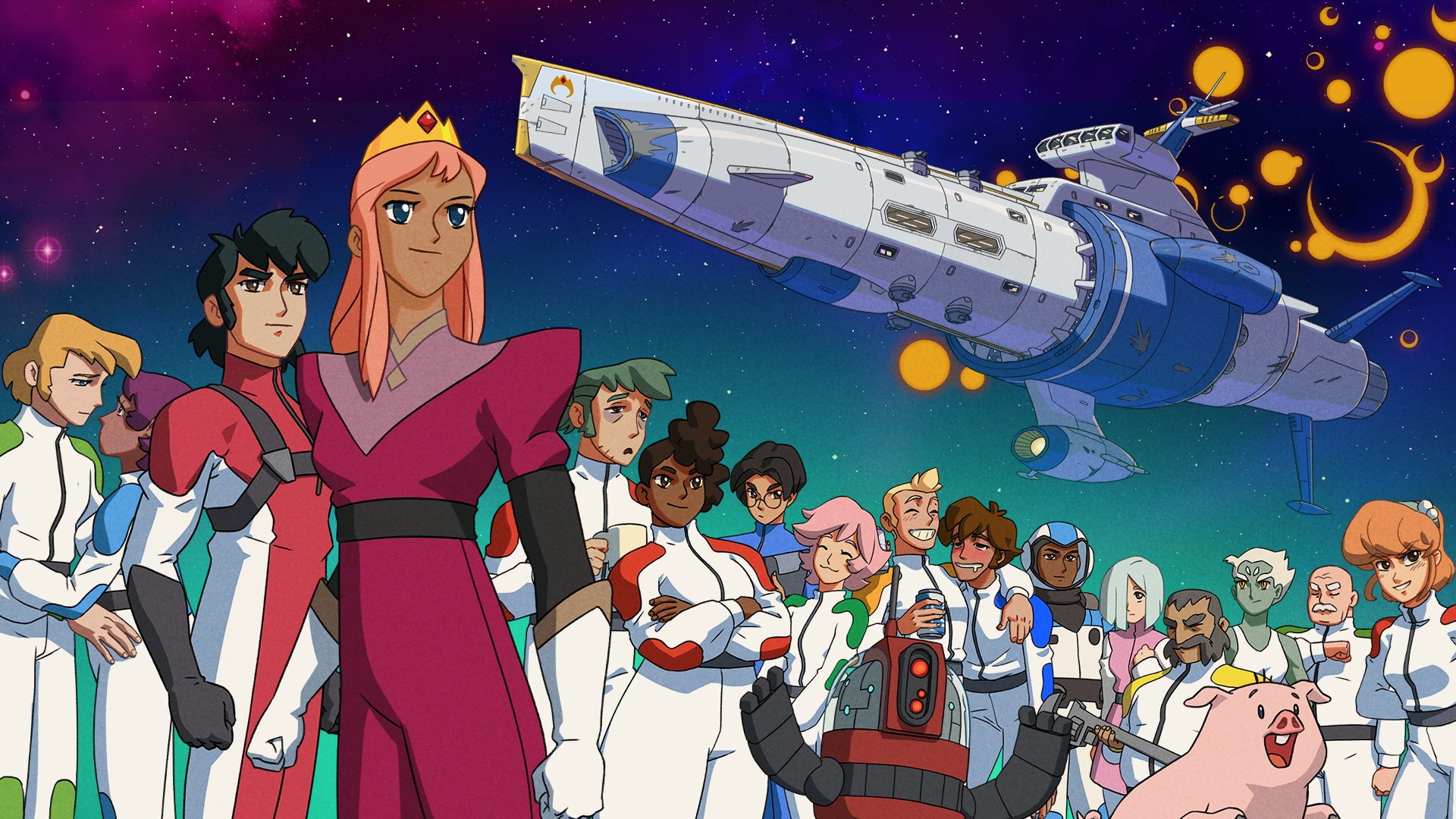 Jumplight Odyssey is an upcoming starship roguelite colony sim from the makers of Armello, and when I
Jumplight Odyssey is an upcoming starship roguelite colony sim from the makers of Armello, and when I